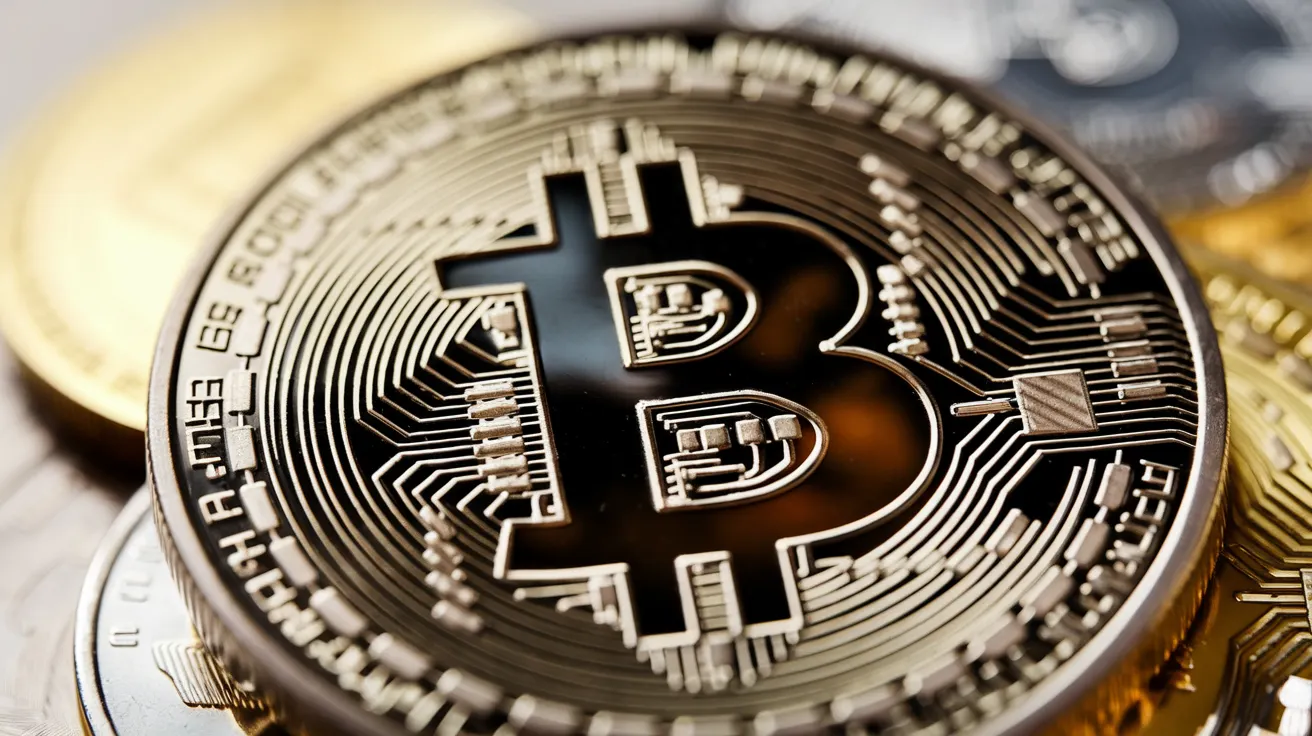BitMEX co-founder Arthur Hayes on Wednesday predicted a sharp rise in Bitcoin (BTC) as geopolitical conflicts escalate, driving inflation and increased government spending.
In a blog post, Hayes argued that the U.S. government’s financial response to conflicts in the Middle East would spur money printing and fuel the next bull run for the Bitcoin price.
“We know that war is inflationary. We understand that the U.S. government must borrow money to sell bombs to Israel,” Hayes wrote. “We know that the Fed and the U.S. commercial banking system will buy this debt by printing money and growing their balance sheets. Therefore, we know that Bitcoin will rise stupendously in fiat terms as the war intensifies.”
Hayes emphasizes that global conflicts, especially those involving the U.S., tend to lead to monetary expansion. He suggests that with more dollars entering the economy through government debt, Bitcoin—a decentralized asset—stands to benefit as investors seek protection from inflation.
“An intensified Middle Eastern conflict will not destroy any critical physical infrastructure supporting crypto. Bitcoin and crypto will rise as energy prices spike higher. The hundreds of billions or trillions of newly printed dollars will re-energize the Bitcoin bull market,” he noted.
Hayes referenced the Arab oil embargo of 1973 and the Iranian revolution of 1979 as historical examples of how hard assets, such as gold, perform well during energy crises and periods of heightened inflation. He believes Bitcoin, often referred to as “digital gold,” will behave similarly in today’s environment.
As tensions between Israel and Iran escalate, Hayes warns that the destruction of energy infrastructure, such as oil fields or the closure of the Strait of Hormuz, could send energy prices soaring. This, he argues, would push Bitcoin higher, as the digital asset functions like "stored energy in financial markets."
However, he cautioned traders to prepare for volatility, suggesting that crypto markets could face drawdowns if the conflict destabilizes global markets. “The name of the game is sizing positions appropriately,” Hayes added, noting that he had cut some of his exposure to smaller cryptocurrencies amid the uncertainty.
He further said that Bitcoin’s long-term trajectory will remain upward, driven by monetary policies that favor debt-financed spending. As the U.S. continues to support Israel militarily with borrowed funds, the Federal Reserve's balance sheet is likely to expand. Hayes pointed out that since its inception, Bitcoin has outperformed the Fed’s balance sheet by 25,000%, underscoring its value as a hedge against fiat debasement.
While the geopolitical landscape remains uncertain, Hayes maintains that Bitcoin will thrive. He advises traders to steer clear of emotional decisions tied to political developments. “The best thing to do is to get yourself and your family out of harm’s way and then shepherd your capital into a vehicle that outperforms fiat debasement and maintains its energy-purchasing power."
Edited by Stacy Elliott.

